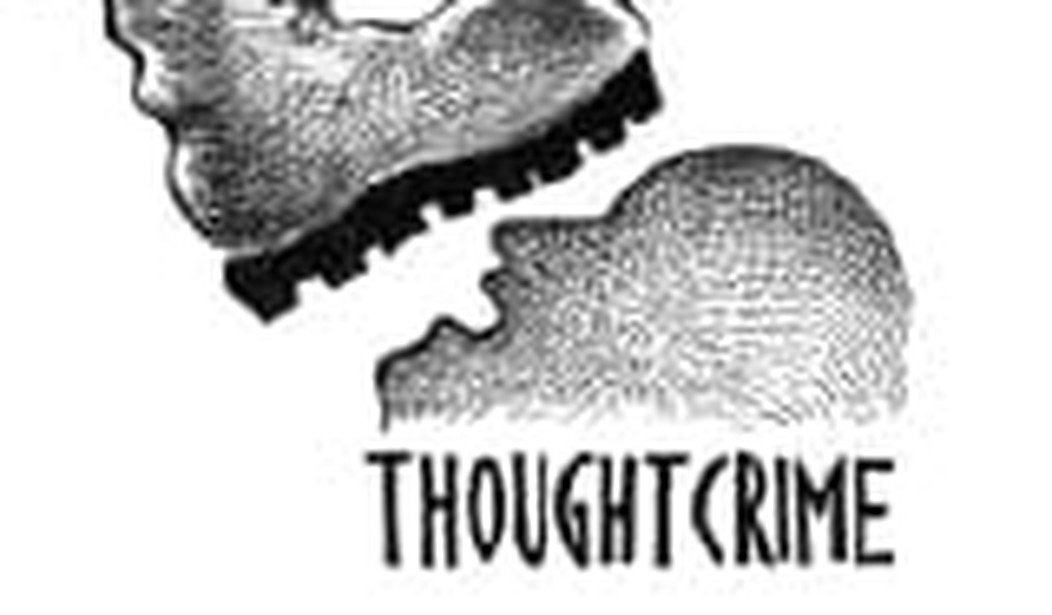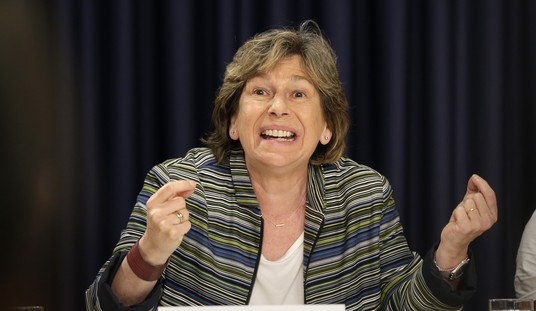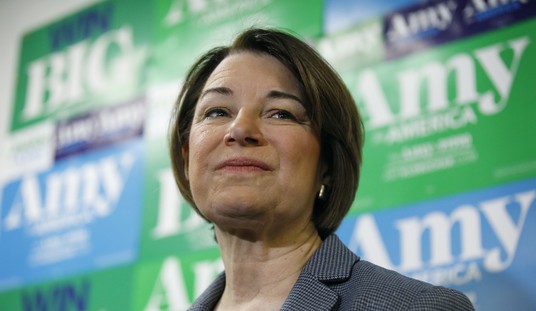In one-on-one sessions with RAs (Resident Assistants), University of Delaware students were questioned: “When did you discover your sexual identity?” In dorm meetings, they were pressured to pledge their allegiance to university-approved views on race, sexuality and environmentalism. When FIRE (Foundation for Individual Rights in Education) spotlighted the indoctrination, a university official defended the “free exchange of ideas.” A few days later, the program was canceled.
How can academics talk about “critical thinking” while turning residence halls into reeducation camps? Well, they meant well. Everyone agrees they meant well. If only academics were capable of thinking critically about their own assumptions.
Thanks to FIRE’s links to ResLife (Residential Life) materials, we know the goal was to teach dorm dwellers “competencies” for “citizenship,” such as: “Students will recognize that systemic oppression exists in our society,” “Students will recognize the benefits of dismantling systems of oppression,” and “Students will be able to utilize their knowledge of sustainability to change their daily habits and consumer mentality.”
“Learning” was defined as “specific attitudinal or behavioral changes.” The program was called a “treatment.”
Students who agreed with ResLife’s views on “diversity, homosexual rights (and more subtly, politics)” were hired as RAs, writes Dan Lenker, a former RA, on SayAnything. Then RAs were trained in how to pressure students to accept the program’s “unarguable dogma,” such as the fact that “racist” applies to all whites in the U.S. “regardless of class, gender, religion, culture or sexuality.” Over time, “ridiculous and poorly designed” programs became “more belligerent” in pushing students to accept the approved beliefs, Lenker writes. While older students realized they could skip dorm meetings, “gullible” freshman believed RAs who said they had to participate.
This year, ResLife hired Shakti Butler, executive director of World Trust Educational Services, to train RAs. Her specialty, according to her web site, is “constructive conversations on oppression through the lens of race.” She claims her work “speaks to the interconnectedness of racism, classism, sexism and homophobia.”
The program “has gotten out of hand,” writes “Bill,” who says he’s been an RA for two years, on Chronicle of Higher Education. Asked to defend the training to the press, he refused. “When I declined, I was taken aside and told that my future as an RA was in jeopardy as was my future as a student.”
The university’s first response to FIRE came from Michael Gilbert, the vice president of student life, who claimed the program wasn’t mandatory and was all about “the free exchange of ideas.”
Not so, responds “Marie,” who says she works in the student affairs office, in the Chronicle: “. . . until this week the program was mandatory and they have temporarily suspended the mandatory nature of it, but once the attention goes away especially with Parents Weekend arriving they want to look good. Boy can they lie.”
A chilling description was provided by freshman Brooke Aldrich in a Wilmington News-Journal story: “Students were asked if they approved of such things as affirmative action or gay marriage. If they did, they would join students on one side of the room. If they didn’t, they would join students on the other side of the room. They were not permitted to explain their reasons or to answer ‘I don’t know,’ she said.”
Students wanted to talked about “why we chose this and sort out each other’s views,” she said. “But at the end, we were told the exercise was designed so that we could not have debate, that a lot of times in life you don’t have the opportunity to express your opinion.”
Apparently, the dorm sessions were one of those times when you don’t get to express your opinion.
In his cancellation statement, UD’s president, Patrick Harker, claimed: “The University of Delaware strives for an environment in which all people feel welcome to learn, and which supports intellectual curiosity, critical thinking, free inquiry and respect for the views and values of an increasingly diverse population.”
Strive harder, guys.
ResLife clearly feared white, middle-class students, who make up the majority on campus, would be unable to “respect the views and values” of non-whites. They needed “treatment” in a world view just about guaranteed to increase mistrust and resentment. After being told you’re a racist, are you more or less likely to start a conversation with a non-white student?
Students were told to write down stereotypes, a student told the Philadelphia Inquirer. “You have girls giving you hard looks because they’re Jewish, and you just wrote something offensive, like they’re cheap, even though you don’t believe it,” said Grace Banks, 18, of Smyrna.
Instead of urging students to think about what they have in common — perhaps a shared interest in poetry, science fiction, football, ecology, entrepreneurship, the Gospels, Harry Potter, video games, etc. — ResLife pushed them to focus on their oppressor or victim status.
When I was working on my book about a charter school in San Jose for Mexican-American students, I was told “Emilia” was nervous about going to Mount Holyoke, which had offered a full scholarship. I said, “When you get there, it will be a little scary, but it’ll be scary for everyone. The other students will be your age, they’ll be away from home for the first time and they’ll be trying to make friends, just like you.” I didn’t tell her to beware of racists. I told her to get a pair of boots for the winter. “Keep your feet warm and dry and you’ll be OK.”
She loves Mount Holyoke. And I’m confident her white, middle-class friends there respect her views and values, such as her belief that if you work hard you can get ahead.
Joanne Jacobs, who blogs at joannejacobs.com, is the author of Our School, the story of a charter school that prepares Mexican-American students for four-year colleges.
****
The following is one of the RA’s write-up of his “worst” one-on-one interview. His female student filled out the survey as follows:
1) When were you first made aware of your race?
“That is irrelevant to everything. My race is human being.”
2) When did you discover your sexual identity?
“That is none of your damn business”
3) Who taught you a lesson in regards to some form of diversity awareness? What was that lesson?“My grandparents sometimes make racial comments. And what the hell does that have to do with anything.”
4) When was a time when you confronted someone regarding an issue of diversity? What was the confrontation about? If you haven’t, why not?“Why would I do something like that? Diversity exists. I like it. Leave it at that.
5) When was a time you felt oppressed? Who was oppressing you? How did you feel?
“I am oppressed everyday on basis of my undying and devout feelings for the opera. Regularly passerbys throw stones at me and jeer me with cruel names. Because of this I am exiled and often contemplate suicide. Unbearable adversity. But I will overcome, hear me, you rock loving majority. +This is called “sarcasm.””
6) Can you think of a time when someone was offended by what you said? How did that make you feel? How did you think it made them feel? How did hislher behavior change towards you?
“I offend people everyday just by being alive. They look at me and feel insulted. Then I open my mouth and they are further insulted. I say things like “good day!” and they take insult. More sarcasm! All right!









Join the conversation as a VIP Member